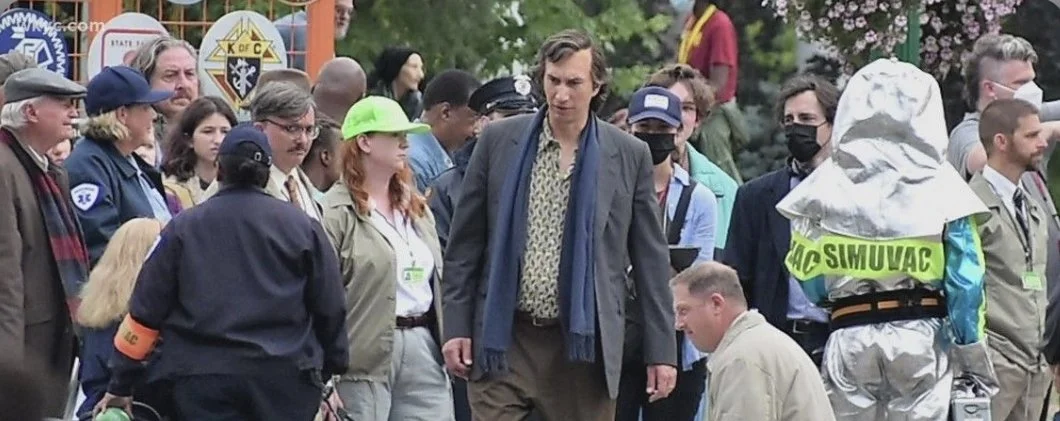I’m all for auteur filmmakers taking a dime out of Netflix, but Noah Baumbach’s “White Noise,” which is an adaptation of the Don DeLillo novel, is rumoured to have had a troubling production.
The budget on the Netflix original is said to have skyrocketed to $140+ million. Of course, there is no way an adaptation of DeLillo’s novel should be more than $30-50 million, there is no CGI needed and it’s mostly characters monologuing with each other in various rooms. And yet, the budget completely ballooned for this one.
Is it any wonder that Netflix have decided to strip back on their auteur “vanity” projects? A twitter thread started by Saul Atreides had this to say:
Many of the people on the set that I'm on now worked on “Wheat Germ” (then titled “White Noise”). They all back it up, and usually contribute their own horror stories of being on that set.
Saul adds that three crew members died during the shoot. What?! A little digging and we learn that those three deaths were an overdose, a suicide, and a heart attack, which set production back. Not Baumbach’s fault.
Another person adds “I was an extra on it for a couple days, the production design went crazy.” An anonymous source is also telling me that Baumbach was obsessively “burning through film prints.”
This same anonymous source is telling me there was an incident involving “a miscommunication between the ADs and the stunt team that resulted in an unintended head-on collision. One of the drivers walked away, thankfully, unharmed. The other needed medical attention and was taken to the hospital.”
Let’s not forget Baumbach also swapped DP’s mid-shoot, from Michael Seresin to Lol Crawley. Shooting went on for nine months. Sounds like he dug himself into his very own “Heaven’s Gate.”
DeLillo’s novel has been deemed “impossible to film” ever since it was published back in 1985. It is a plotless postmodernist exploration of death, consumerism, and suburban malaise. Dealing with Jack and Babette Gladney, a college professor of “Hitler studies” and his mostly-loving wife, DeLillo’s novel deals with this couple’s social anxieties, but, more specifically, their unabashed fear of death.






